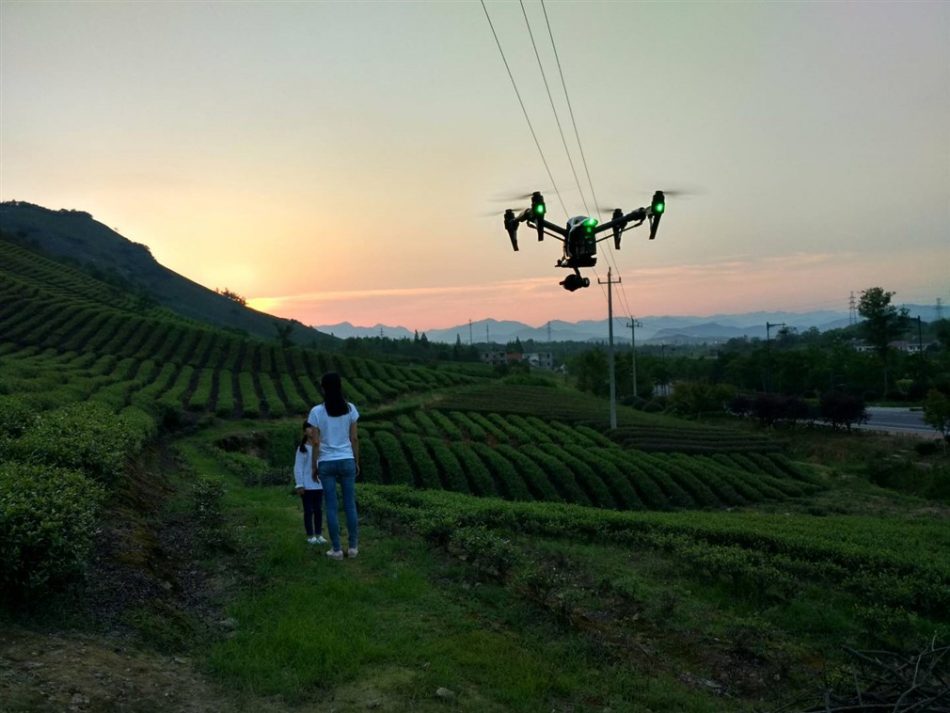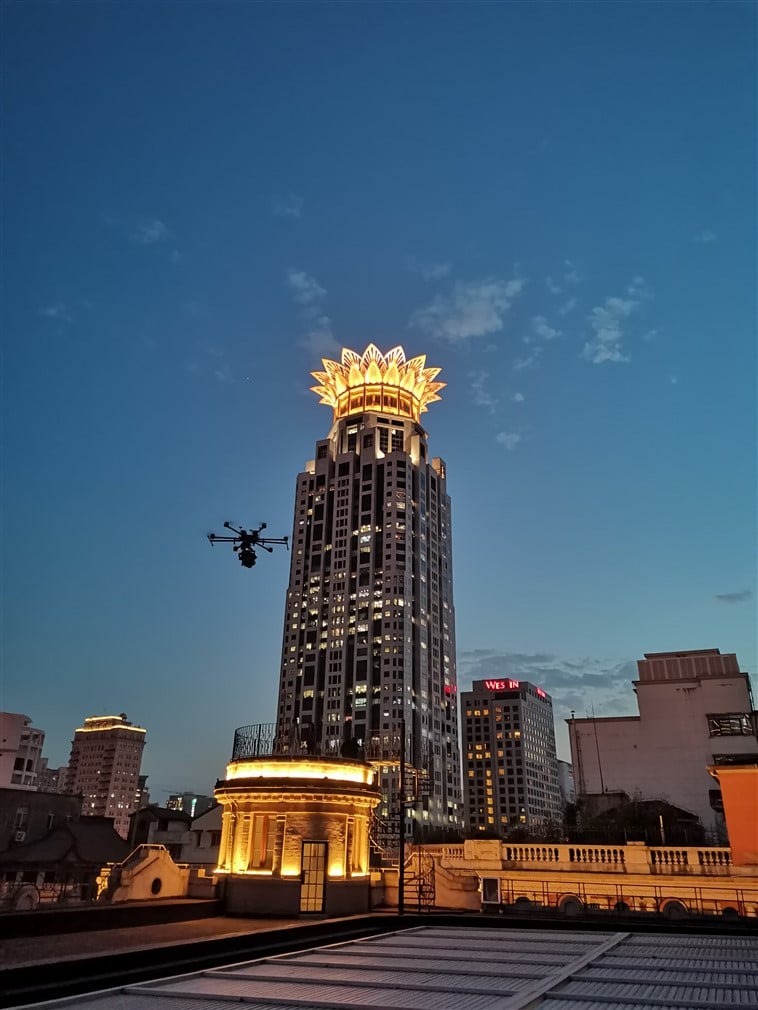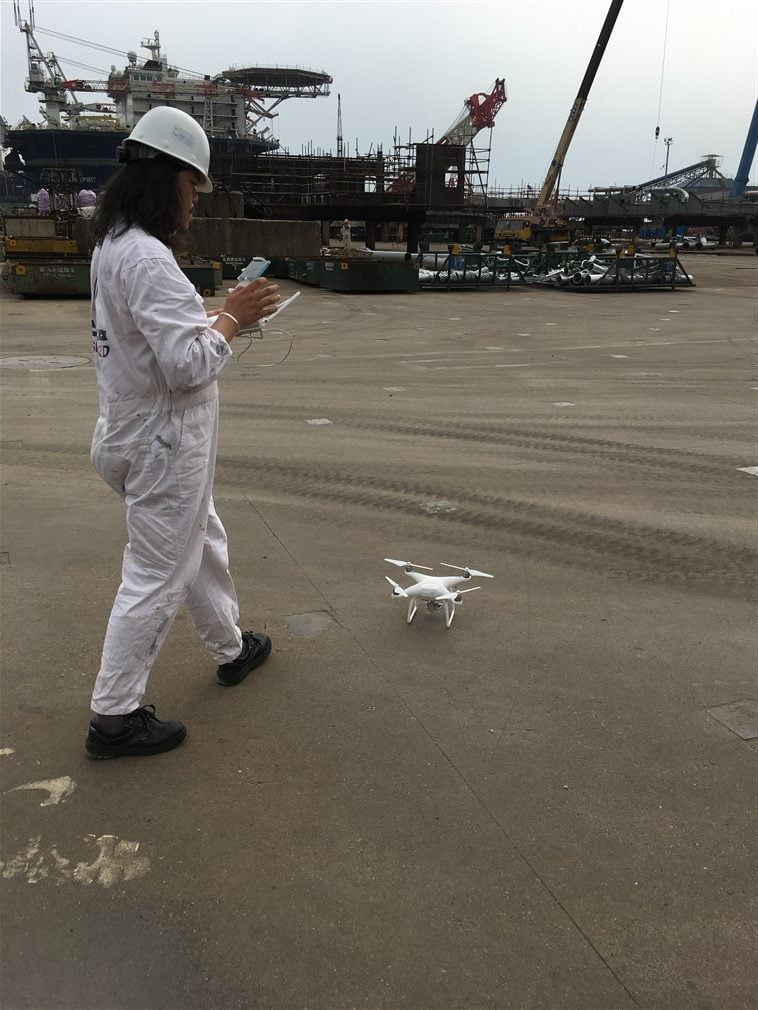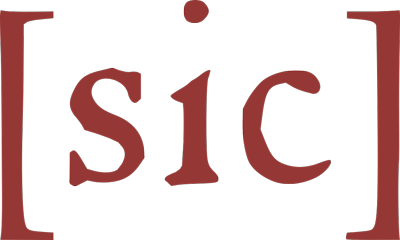China’s nationwide framework for UAVs—the Interim Regulation on the Administration of the Flight of Unmanned Aircraft—took effect on January 1, 2024. Issued jointly by the State Council and the Central Military Commission, this is China’s first comprehensive, national-level rule set for civil drone activity.
Below are answers to the most common questions production teams and hobbyists ask us.

Are the new regulations a positive development?
Yes. Before 2024, operators navigated a patchwork of local rules. The Interim Regulation creates one national baseline (with supporting CAAC rules) for airspace, registration, insurance, and enforcement, improving predictability for both recreational and commercial operations.
Here, we provide answers to the most pressing questions regarding the new drone laws in China:
How are drones classified in China?
China classifies UAVs by performance/weight into micro, light, small, medium, and large. As a rule of thumb, sub-250 g craft are treated as micro; most consumer camera drones above that (e.g., Air, Mavic lines) fall into light or small depending on maximum takeoff weight.
Note: The DJI Mini series (sub-250 g) is micro, not light.

Do I need to register (real-name) my drone?
- Mandatory for ≥ 250 g drones through the CAAC’s UOM registration platform.
- Sub-250 g (micro) drones are nationally exempt, but some local public-security bureaus request registration for all drones, so check local rules.
- Unregistered operation of a drone that requires registration can result in fines and confiscation.
Do I need a pilot license or certificate?
- Recreational use of micro/light drones in suitable airspace generally does not require a license.
- Commercial use and small, medium, or large drones may require additional qualifications or operator certification depending on the type of activity.
Is third-party liability insurance mandatory?
Yes, in the following cases:
- Any commercial flight, regardless of size;
- Non-commercial flights with small, medium, or large drones.
Micro/light drones used only for personal recreation are not legally required to have insurance, but venue owners, clients, or event organizers may still require it.
Note: DJI Care is not the government-mandated liability insurance; it’s a commercial protection plan.
What’s the altitude limit? Do I always need approval?
- Default limit: 120 meters AGL in suitable airspace.
- Higher altitudes or flights in controlled airspace require approval from the relevant air traffic management authority.
- Controlled airspace is defined by aviation authorities, not DJI’s geofencing. DJI maps are advisory and may not reflect official boundaries.
Where do I apply for flight approval?
Apply to the air traffic management organization responsible for the flight control zone. A national UAV management platform is being developed to centralize applications, but as of now, approvals are filed with local ATC offices.
Can I use a 4G/5G link on my drone?
Yes—if the equipment meets Chinese spectrum and telecom compliance requirements and you still operate within the approved flight conditions.
When did the new rules take effect?
January 1, 2024.
Quick Reference (2024–2025)
- Effective framework: Interim Regulation (national) + CAAC implementing rules.
- Registration: Real-name required for ≥ 250 g drones; sub-250 g often exempt but check local enforcement.
- Insurance: Mandatory for commercial flights and for small/medium/large drones, even in non-commercial use.
- Altitude: 120 m AGL default in suitable airspace; higher requires approval.
- Airspace: Controlled airspace requires approval; suitable airspace can be used under the ceiling limit.
- Enforcement: Unregistered or unauthorized flight can lead to fines, confiscation, or bans.
Production Note from Our On-Set Experience
For brand or commercial shoots in Chinese cities—especially dense urban areas or sites like waterfronts, stadiums, and industrial facilities—plan several weeks in advance for:
- Airspace and venue approvals
- Mandatory liability insurance
- Licensed local pilot coordination
We’ve successfully obtained approvals for high-security urban sites by combining early ATC filings with venue-owner agreements and clear risk management plans.
Need help flying legally in China?
Shoot In China can provide:
Aerial filming logistics nationwide
For example, if a DJI-designated scenic area is within suitable airspace, you don’t need approval for flights below 120 meters.
Licensed drone pilots
Bilingual fixers
Insurance and permit handling
Aerial filming logistics nationwide




